
Recycling: Just do it!
Recycling products such as bottles, cans, and paper has been possible for decades in the US, but we still have a long way to go to fully utilize the potential and value of recycling programs. Nationally, we recycle only 32% of what we discard. State numbers are even worse: Colorado’s recycling rate currently stands at a mere 16%. For the sake of the economy, our natural resources, the climate, and future generations, we must do better.
Why should we all be recycling?
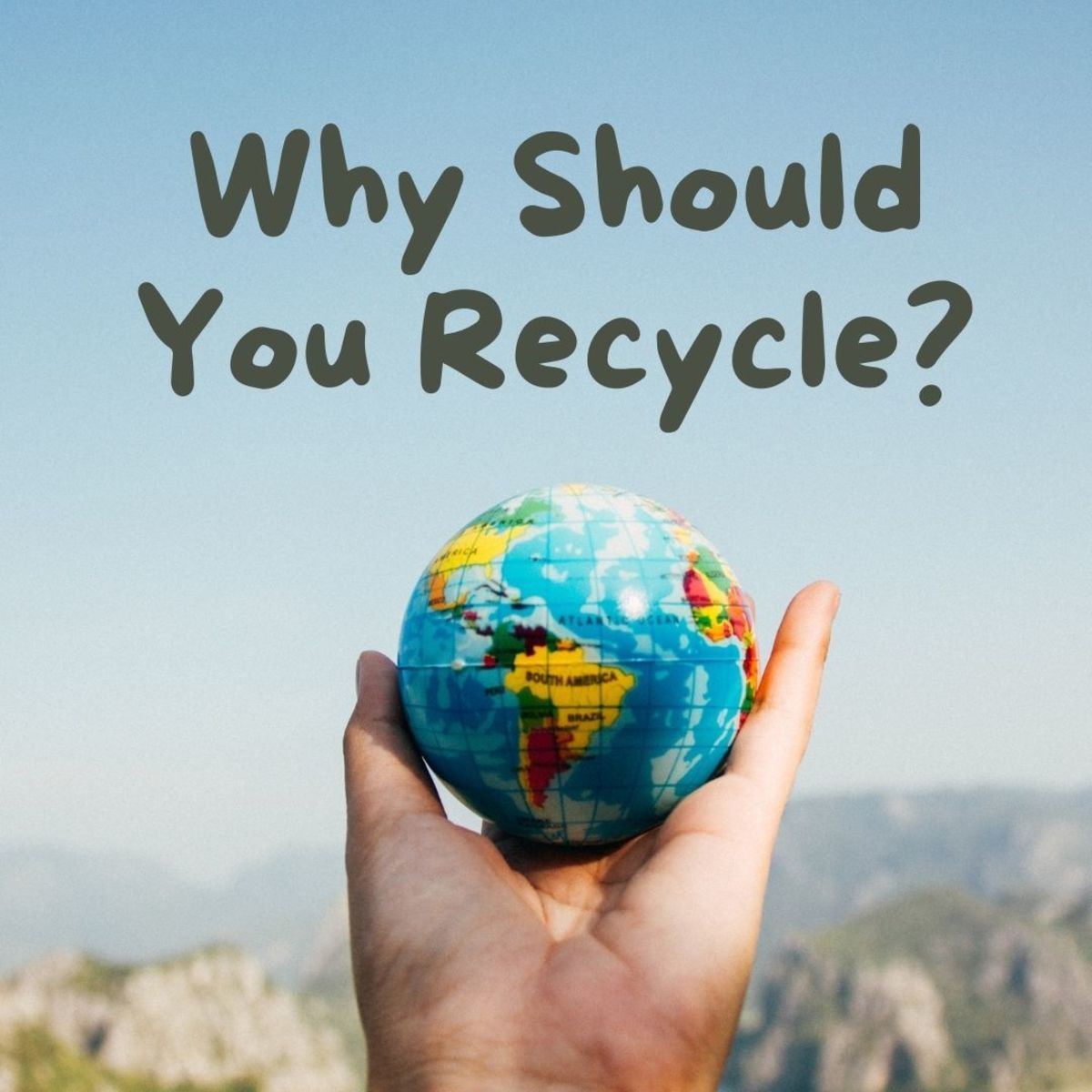
Recycling is one of the easiest actions we can take to work toward a sustainable future and to generate big environmental benefits. When you recycle as much as you can (after you refuse, reduce, and reuse, of course), you contribute to a cyclical economy that supports green jobs, prevents pollution, saves energy, combats climate change, and lessens our dependence on natural resources like trees, natural gas, and petroleum.
The Value of Recycling
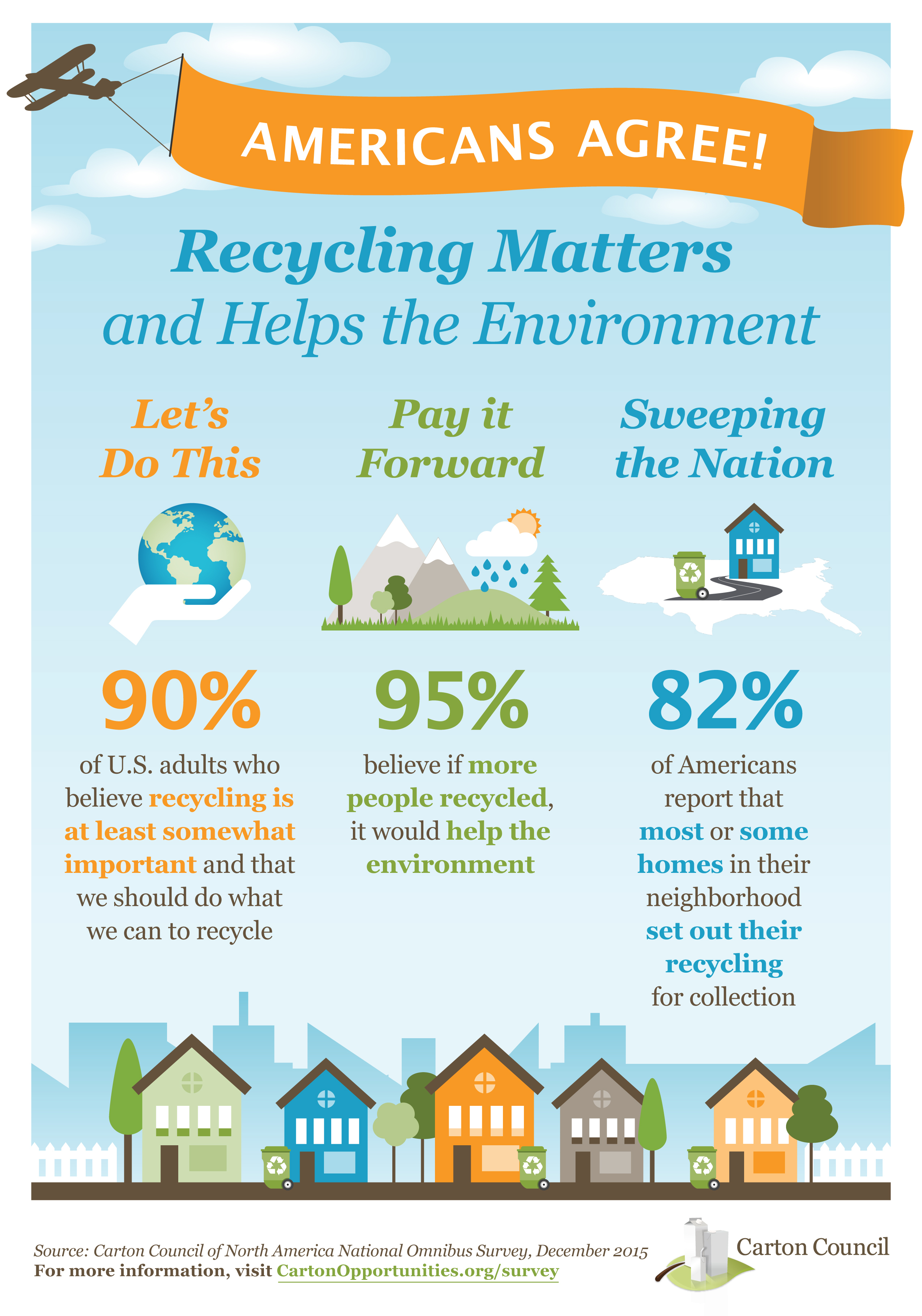
If you’ve seen headlines such as the New York Times article “As Costs Skyrocket, More U.S. Cities Stop Recycling,” you may be wondering if recycling is still worth it. Yes, it is! Recycling is and always will be a critical component of a more sustainable, circular economy. While it should never be considered the singular solution to the world’s waste problems, recycling is crucial to maximizing natural resources, saving water and energy, and creating more resilient communities.
When you recycle, you . . .
Save (a lot) of energy.
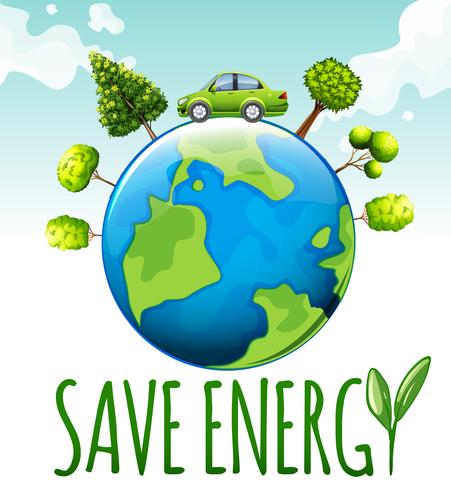
By adopting Zero Waste strategies, including recycling, we could reduce greenhouse gas emissions by more than 400 million metric tons of CO2 per year, the equivalent of taking more than 20% of US coal-fired power plants off the grid.
Manufacturing products from recycled materials saves 30–90% of the energy needed to manufacture these products from natural resources without requiring additional extraction of trees, fossil fuels, or metal ores.
Reduce demand for new resources.
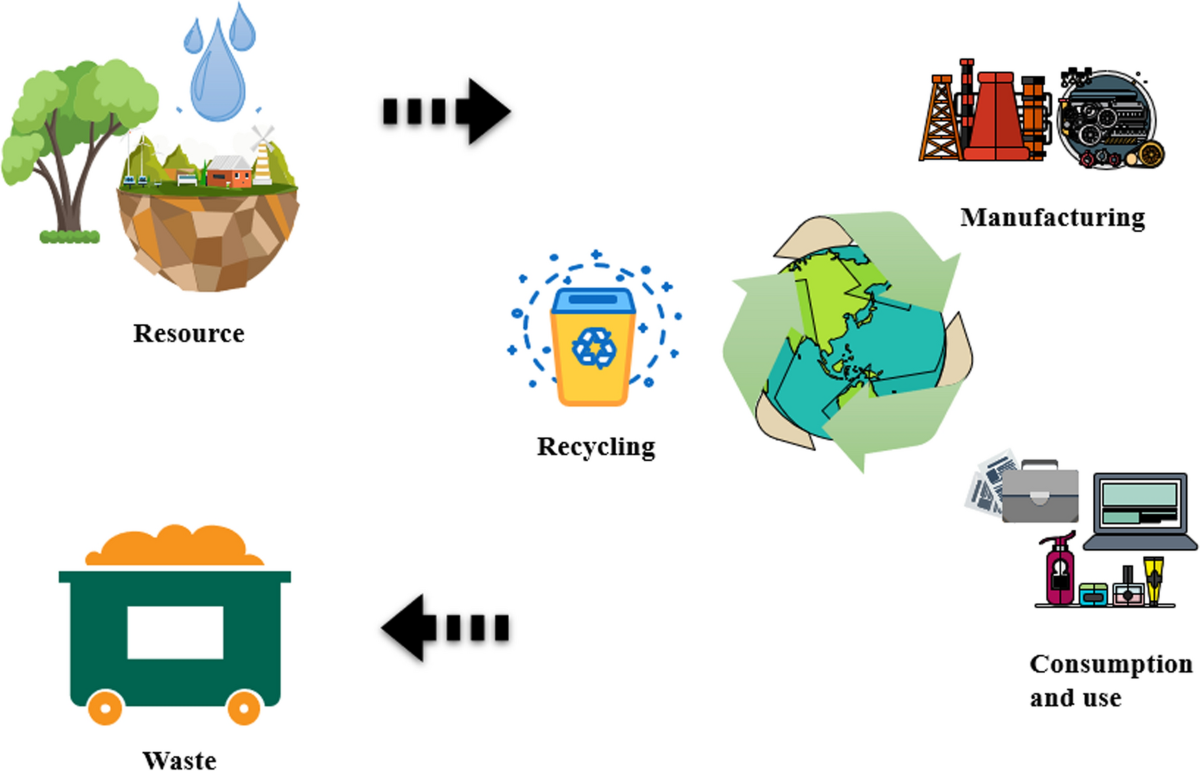
Recycling extends the lifespan of materials, reducing pressure on our environment and finite natural resources. For example, aluminum cans and glass bottles can be recycled indefinitely! If we recycle 100% of these materials, it would greatly alleviate the need to go back to extract more bauxite ore or silica from the planet.
Save water.
Manufacturing from recycled materials saves water. For example, producing paper from virgin pulp creates the largest industrial demand for water per ton of product in the US. Recycling one ton of paper saves 7,000 gallons of water.
Stop burying valuable resources.
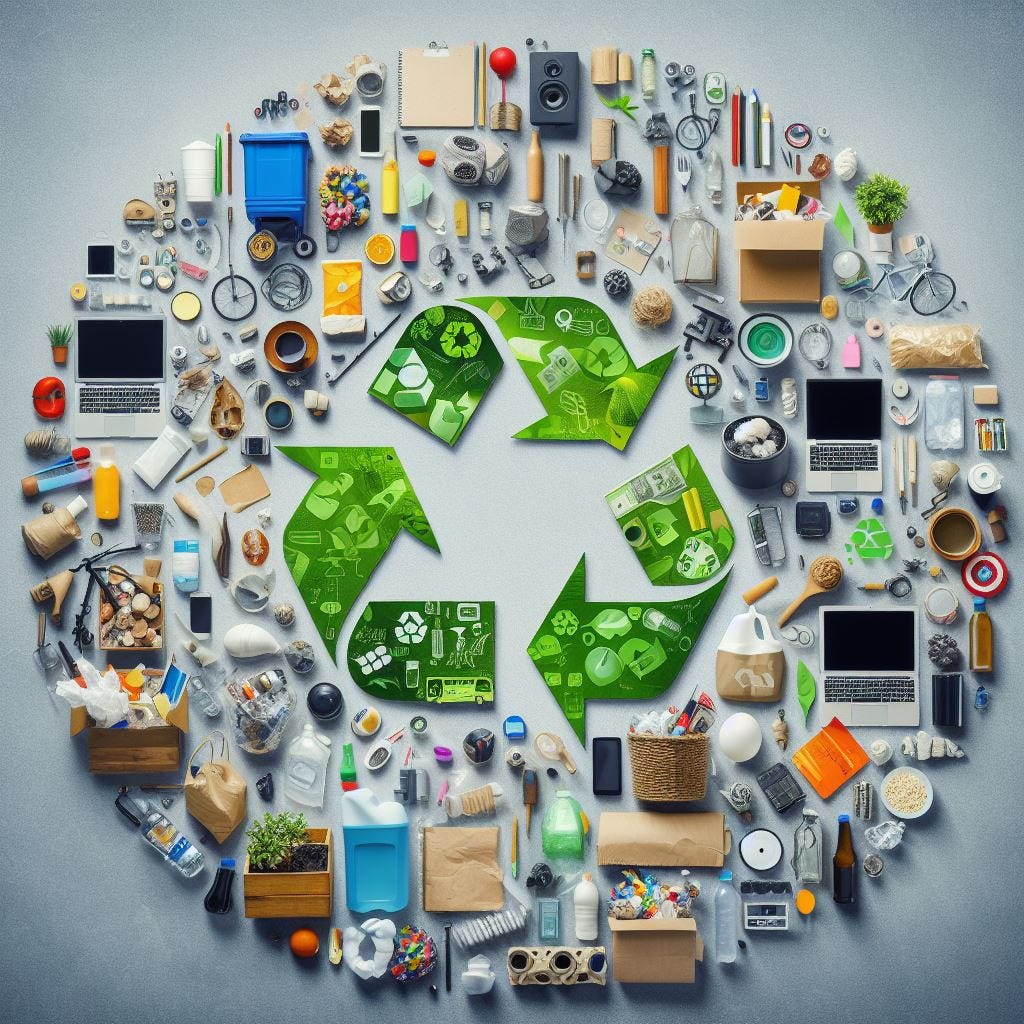
We bury or burn more than two-thirds of our waste every day in the US, destroying the value of these materials. Colorado throws away nearly $100 million worth of recyclable material each year, such as aluminum, cardboard, paper, glass, and plastics.
Create more jobs.
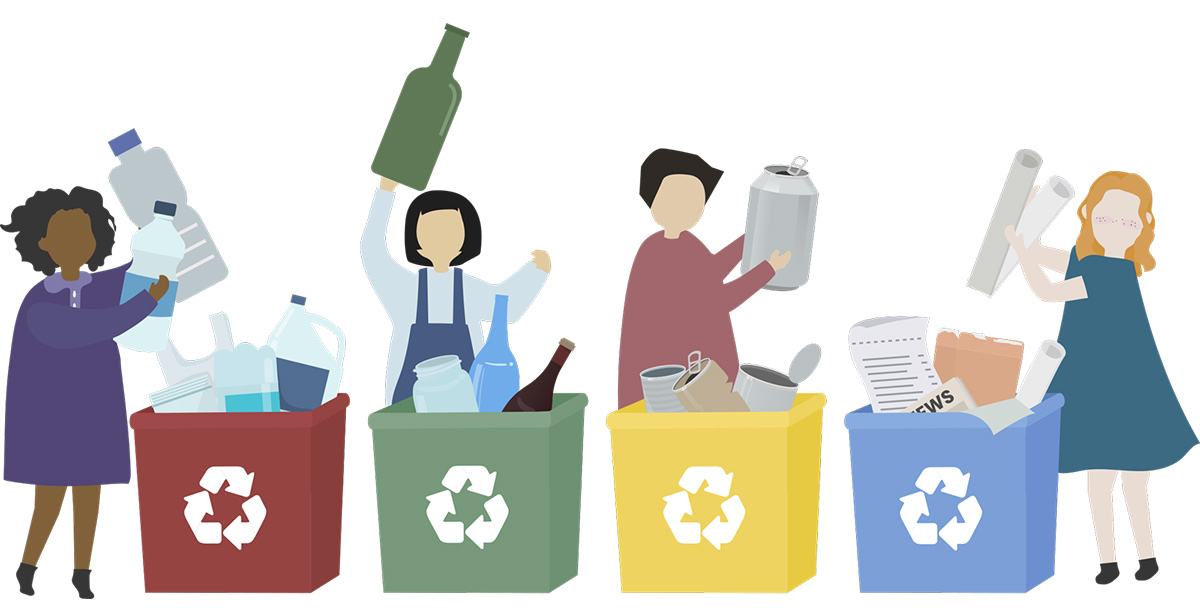
Recycling creates an average of 9 times more jobs than landfilling. In the US, we could create 1.1 million new jobs by recycling 75% of our discards.
Sources:
- All photos used in this blogpost are sourced from the internet, and the rights belong to their respective owners
- Why Recycle? - Eco-Cycle. (2022, November 22). Eco-Cycle. https://ecocycle.org/eco-living/recycling-101/why-recycle/


